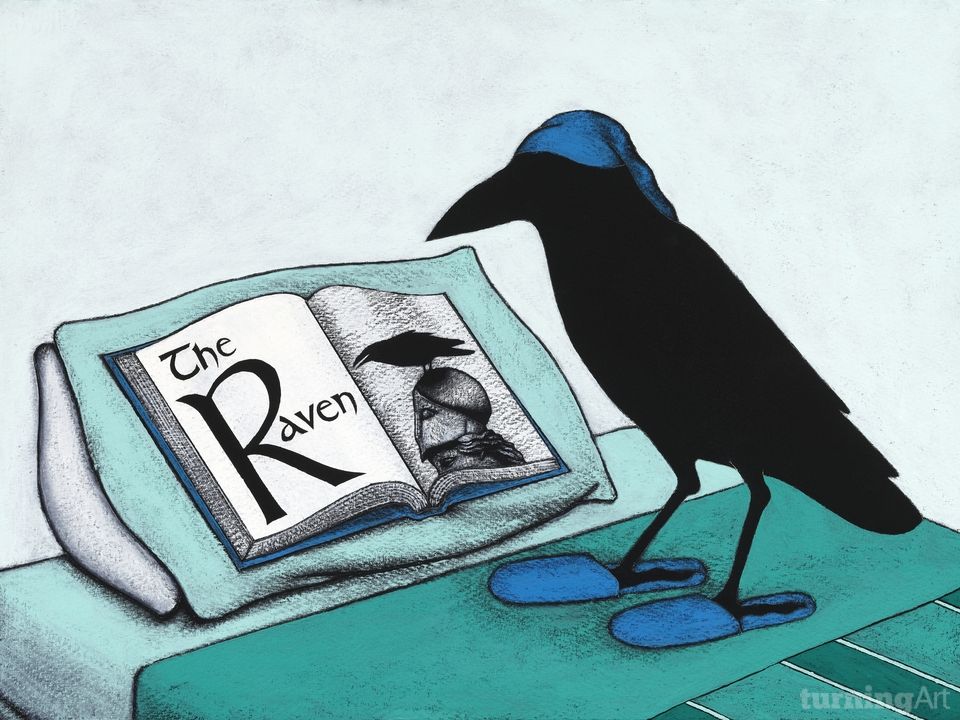When I was a little girl, every time my mom finished reading me my daily bedtime story, I would always ask her: “Then what?” I was not satisfied with the world ending at “the prince and the princess now live happily after” and was determined to find out what was next. After too many questions, my mom would dim the light and tell me to make up my own stories. Every night I would fall asleep while still trying to weave the most intricate plot–and many times, the plot became part of my dreams.
Bedtime stories are often an integral part of our early childhood education. And in China, parents also read stories from the world-famous Grimm and Andersen collection. Iconic Western characters such as Snow White, The Little Mermaid or Cinderella were no strangers to me as I grew up. I, like so many little girls, would fantasize about being a princess. A prince from a far-away land would come for me someday. We would ride on his white horse into the sunset and live happily ever after.
I grew out of my childish (and rather cheesy) “princess fantasy” with the passing of time, yet the idea of “happily ever after” or “finding Mr. Right” is still entrenched in our cultural consciousness–Chinese and American alike. Sex and the City, an HBO show about four single women finding “true love” in New York City, is hugely popular among young Chinese women in large metropolitan areas. If you substitute the Big Apple with Beijing or Shanghai–voila!–they could really be our stories too. For those who are single, the question is, “When will I find my Mr. Perfect?” and for those who are not, well, the question becomes, “Is the one I have indeed the One?”
I was once too obsessed with the idea of finding the perfect one. I thought when the right person came along, everything would be perfect–and the reasons that there were so many ups and downs were because “maybe, I’m not with the person I am meant to be with.” I once confided in my mother about this–she is from a generation where “happily ever after” fairy tales and TV shows with overblown metaphors were not yet commonplace. “Well, you know, honey, a relationship is built, not magically found,” she said.
Carrie from Sex and the City loves shoes. I guess if I were to use an equally heavy-handed shoe metaphor for relationship, I’d say the “perfect pair” is really a myth. You keep thinking that the next pair will not be so pinchy…they may not pinch your toes alright, but there is still a good chance that they will give you blisters instead. But we don’t throw away the new pair of shoes–we break into them.
I guess my childhood instinct was right after all. “Happily ever after” may sound good on paper, but in real life, the “then what”–the fixing, adjusting and compromising–is the part that really matters.
小时候,每次妈妈念完睡前故事后,总是要问一句“然后呢?”——那时候,并不满足于“王子与公主从此幸福地生活下去”,总是想要知道,接下来会发生什么。而每当“然后呢”问的太多,妈妈便把灯关掉,让我自己去编后面的故事。于是很多时候,我都是在幻想着“然后呢”中睡着的,而之后的故事,便往往也成了梦的一部分。
睡前故事是早期儿童教育中重要的一部分。而中国父母们也给孩子读著名的安徒生或者格林童话。白雪公主、小美人鱼或是灰姑娘这样的标志性西方人物形象对童年的我来说,并不陌生。而和许多年幼的女孩子一样,我爱幻想自己是公主——总有一天,我的王子会从遥远的国度纵马而来,我们骑在马上踏入夕阳,“从此幸福地生活下去”。
随着时间的流逝,我渐渐摆脱了幼年时稚嫩的“公主情节”,然而寻找“完美先生”然后幸福快乐地生活下去,这样的意象,却仍然在我们的文化中根深蒂固。HBO关于四个纽约单身女人寻找真爱的美剧《欲望都市》,红遍中国大江南北。而只要把“纽约”替换成“北京”“上海”之类的中国都市,这完全讲述的,就是我们的故事。若尚单身,那问题便是“我什么时候才能找到我的完美先生?”,而若非单身,这问题便成了——“眼前的这一位,真的就是最好的那一位么?”
而我曾经也近乎偏执地执着于“寻找完美先生”——我总以为,当真正对的人出现时,一切都会变得完美。而如今的情感中有波澜起伏,恰恰是因为眼前之人,并不是那个真正命中注定的人。而我也曾与妈妈讨论过这个问题——在她的那个年代里,寻找真爱的童话与电视剧并不普遍。“你要知道,”她对我说,“感情是经营的,而并不是魔幻一样找到的。”
《欲望都市》里的Carrie热爱鞋子——那么就也让我用鞋子打一个不恰当的比方:完美的那一双鞋或许只是神话。你总以为下一双便不会偶尔磨脚,但很有可能,它同样会给你水泡!我们并不会扔掉一双新鞋,我们慢慢适应它。
或许,我童年的直觉是对的。“从此幸福快乐地生活下去”或许看上去很美,然而在生活中,是那些妥协、磨合与坚持,是那些“然后呢”,才是真正重要的。


